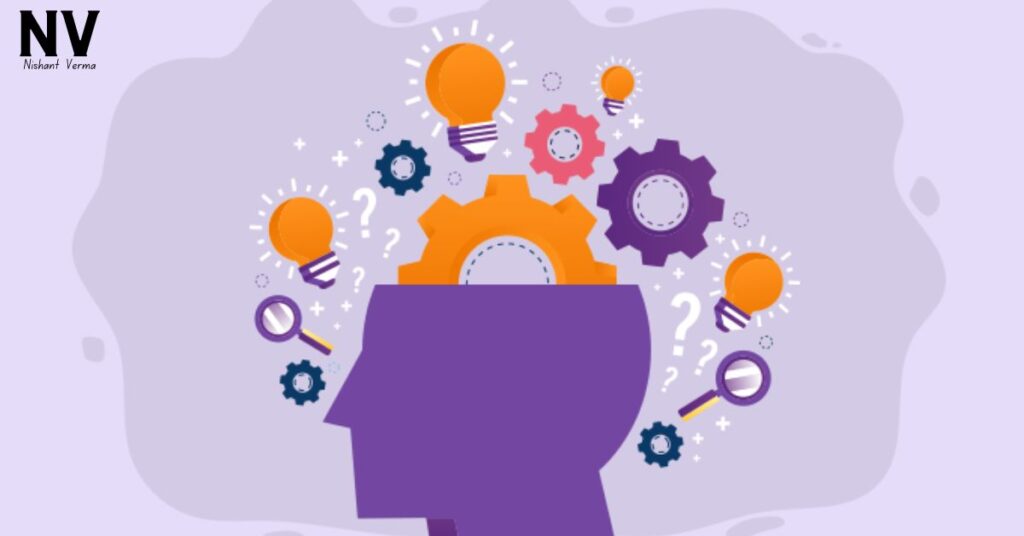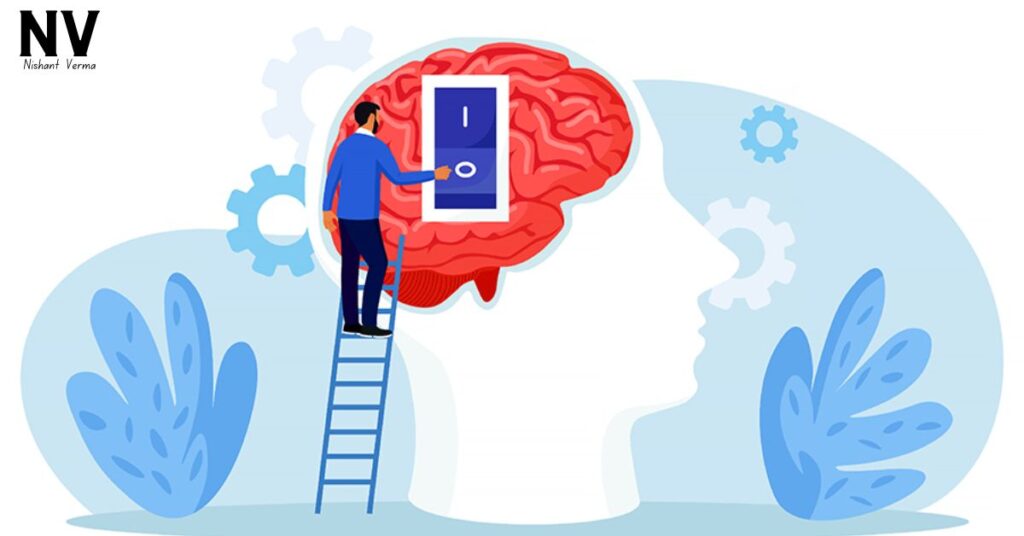Leadership is not just about making decisions and giving orders; it’s about understanding people, their feelings, and building connections. This is where Emotional Intelligence (EI) comes into play. In simple terms, EI is like having a superpower to recognize and manage emotions, both in oneself and others. In this article, we’ll embark on a journey to explore the essential connection between leadership and emotional intelligence, understand what it means, why it matters, and how leaders can use this superpower to foster stronger connections within their teams.

Understanding Emotional Intelligence:
What is Emotional Intelligence?
Emotional Intelligence is like having a compass that guides leaders through the world of emotions. It involves being aware of one’s own emotions, understanding others’ feelings, and using that knowledge to navigate relationships effectively.
The Role of Leadership:
Leaders are like emotional navigators. They steer the ship of their team through the seas of emotions, ensuring everyone feels heard, valued, and understood. If leaders have high leadership and emotional intelligence, they create a positive and supportive environment.
The Five Components of leadership and emotional intelligence:
Self-Awareness:
Imagine having a mirror for your emotions. Leaders with self-awareness understand their own feelings and how they affect their actions. It’s like knowing when to take a break or push forward.
Self-Regulation:
Leaders with self-regulation are like skilled pilots. They can control their emotions and stay calm in challenging situations. It’s like being a captain who keeps the ship steady during a storm.
Motivation:
Motivated leaders are like engines that drive the team forward. They inspire others with their enthusiasm and determination. It’s like having a leader who cheers everyone on during a race.
Empathy:
Empathetic leaders are like open books. They understand others’ feelings and perspectives, creating a sense of connection. It’s like having a friend who truly gets you.
Social Skills:
Leaders with social skills are like expert diplomats. They navigate team dynamics, communicate effectively, and build strong relationships. It’s like having a leader who can bring people together for a common goal.

Why Emotional Intelligence Matters:
Fosters Positive Team Culture:
When leaders understand and manage their emotions well, it sets a positive tone for the entire team. It’s like having a happy family where everyone feels comfortable and supported.
Enhances Decision-Making:
Leaders with high emotional intelligence make better decision-making. They consider both facts and feelings, leading to well-rounded choices. It’s like having a wise guide who helps you choose the best path.
Improves Communication:
When leaders are aware of their emotions and those of others, communication becomes clearer. It’s like speaking a language everyone understands, creating harmony within the team.
Strengthens Team Collaboration:
Leaders who empathize and have strong social skills foster a sense of unity. It’s like having team collaboration who support each other through thick and thin, creating a strong bond.

Building Emotional Intelligence: Strategies for Leaders:
Reflect on Emotions:
Leaders take time to reflect on their emotions. It’s like having a personal diary where they explore how they feel and why. Reflection helps leaders understand themselves better.
Practice Mindfulness:
Mindfulness is like a mental gym for leaders. It helps them stay present and focused, preventing emotional reactions. It’s like having a mental shield that keeps emotions in check.
Seek Feedback:
Leaders actively seek feedback from their team. It’s like having a compass that guides them toward areas of improvement. Feedback is valuable for continuous growth.
Empathize and Listen:
Leaders practice empathy by putting themselves in others’ shoes. It’s like being a good friend who listens and understands without judgment. Empathy creates a culture of support.
Develop Conflict Resolution Skills:
Leaders with strong emotional intelligence excel at resolving conflicts. It’s like being a skilled mediator who helps the team find common ground. Conflict resolution maintains a positive team environment.
Case Studies: Real-Life Examples of Emotional Intelligence:
Google’s Supportive Workplace Culture:
Google prioritizes emotional intelligence by fostering a supportive workplace culture. Leaders actively listen to employees, creating an environment where emotions are acknowledged and valued.
Facebook’s Focus on Empathy:
Facebook emphasizes empathy as a core value. Leaders encourage understanding and connection among team members, contributing to a positive and collaborative work atmosphere.
Challenges and Solutions in Developing leadership and emotional intelligence:
Handling Stress:
Leaders facing stress work on self-regulation. Techniques like deep breathing or taking short breaks help manage stress effectively. It’s like having a toolkit for staying calm during tough times.
Dealing with Negative Feedback:
Leaders use negative feedback as a tool for growth. Instead of reacting defensively, they reflect on the feedback and see it as an opportunity to improve. It’s like turning criticism into a stepping stone for success.
Conclusion:
In the world of leadership and emotional intelligence isn’t just a skill; it’s the heart of building strong connections. When leaders cultivate self-awareness, regulate their emotions, and empathize with others, they become architects of a positive and thriving team culture. By understanding the significance of emotional intelligence, implementing strategies for growth, and overcoming challenges, leaders guide their teams towards success with a foundation of trust, understanding, and collaboration. In essence,leadership and emotional intelligence is not just about managing emotions; it’s about creating a workplace where every team member feels seen, heard, and valued on the shared journey toward common goals.




